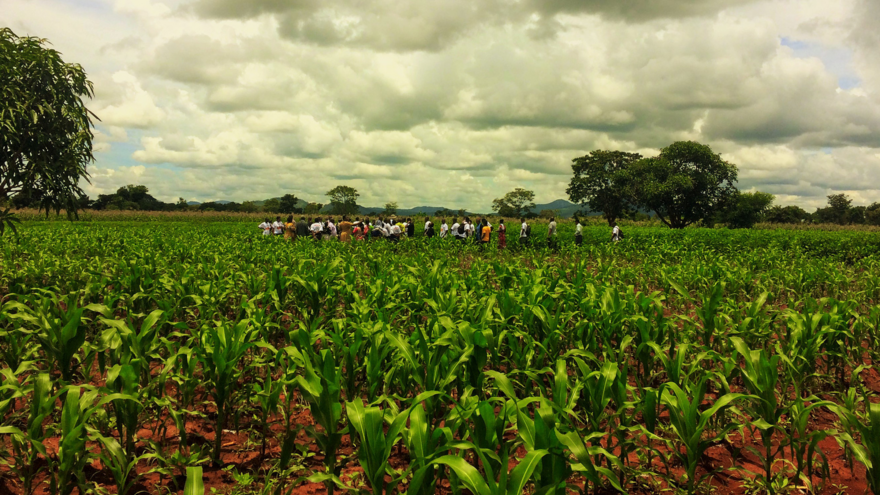Companies and institutions with much to gain from appearing more environmentally friendly ‘hijack’ the green discourse and ‘greenwash’ their activities to realise their own interests, according to political ecologist Jill Tove Buseth’s new doctoral research.
The ‘green economy’ concept got a foothold after the UN Summit in Rio in 2012, as a direct consequence of the financial crisis and the increased understanding of the climate crisis that came about in 2007. Since then, ‘green’ has become a buzzword.
In her doctoral thesis, Jill Tove Buseth examines how the green economy agenda is implemented in the Global South. How is it translated from a global environmental discourse to policy implementation, and how it is transformed in the process?
Green approaches in the North vs South
Buseth identifies two contrasting approaches to implementing green economy. In the Global North, it is mostly implemented through market-based solutions to climate and environmental problems, in tandem with an unwavering belief that technological innovation will solve the challenges the world faces.
In the Global South on the other hand, the green economy is often characterized by changes in the control of natural resources, which typically occur in various ‘green’ development initiatives run by external actors, often in collaboration with multinational companies and foreign private-sector actors.
Research that increases our understanding of the Green Shift
The research contributes to an increased understanding of the green shift by i) demonstrating how political strategies and guidelines are influenced within the green economy, ii) describing how the green economy has been mixed (both rhetorically and politically) with agricultural modernization in Africa, and iii) giving an empirical example of how the green economy is implemented in the Global South, namely the Southern Agricultural Growth Corridor of Tanzania (SAGCOT).
“Changes that have occurred under the branding of various green growth initiatives serve mainly powerful actors, while both inequality reduction and environmental sustainability are, in practice, largely left out in many cases” argues Jill Tove Buseth, PhD Fellow at NMBU’s Department of International Environment and Development Studies, Noragric.
Exploiting the green agenda
Based on the findings of this study, there is reason to believe that the green economy has so far failed to meet its ambitious goals when implemented in the Global South.
“My findings indicate that the green economy has not succeeded in fulfilling its ambitious targets but has rather led to ‘green grabbing’ and “greenwashing” says Buseth. “It is important to understand the motives and driving forces behind various green agendas, especially in the Global South, to be able to meet sustainability goals in a more realistic way".
Jill Tove Buseth will defend her doctoral thesis ‘Navigating the Landscapes of ‘Green’: Policies, Discourses and Institutionalizations of the Green Economy in the Global South’ on the 15th November in NMBU’s Clock Building.
